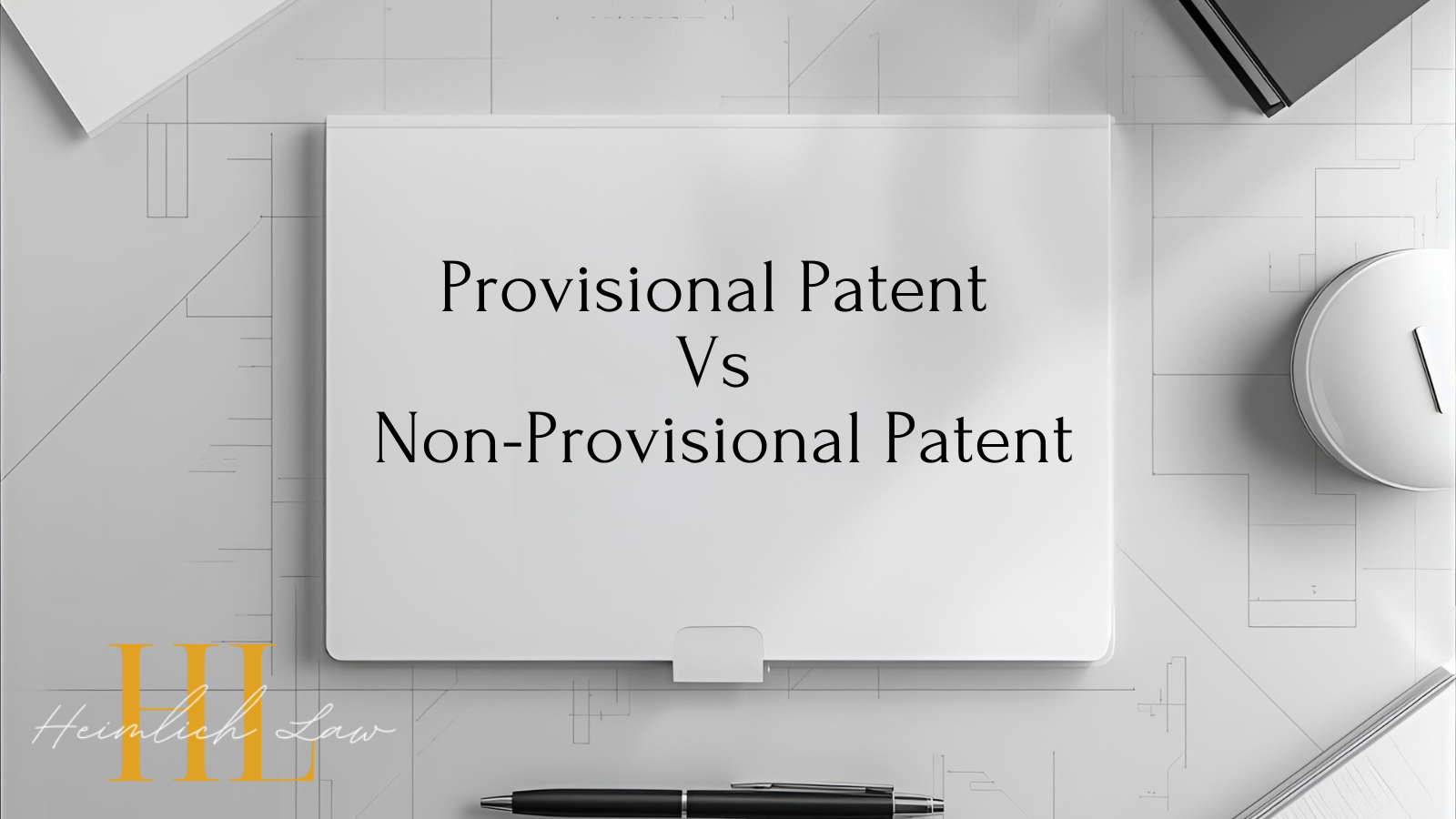Lawyers can assist in resolving disputes related to domain name ownership through various legal mechanisms and strategies:
1. Domain Name Dispute Resolution Policies: Lawyers are familiar with domain name dispute resolution policies, such as the Uniform Domain-Name Dispute-Resolution Policy (UDRP) and the Uniform Rapid Suspension System (URS), which provide mechanisms for resolving domain name disputes outside of court. They assist clients in initiating complaints under these policies and represent them in administrative proceedings before dispute resolution providers, such as WIPO or the National Arbitration Forum.
2. Cease and Desist Letters: Lawyers send cease and desist letters to individuals or entities that are unlawfully using or infringing upon their clients’ domain names. These letters demand that the infringers cease their unauthorized use of the domain name and may include demands for transfer or cancellation of the domain name, compensation for damages, or other remedies.
3. Negotiation and Settlement: Lawyers negotiate with domain name registrants, domain brokers, or other parties involved in domain name disputes to reach a mutually acceptable resolution. They explore options for transferring or licensing the domain name, purchasing the domain name outright, or entering into settlement agreements to resolve the dispute amicably and avoid costly litigation.
4. Litigation in Court: Lawyers represent clients in litigation to enforce their rights related to domain name ownership. They file complaints in federal or state court alleging trademark infringement, cybersquatting, unfair competition, or other legal claims, seeking injunctive relief, damages, and other remedies available under applicable laws.
5. Trademark Registration and Enforcement: Lawyers assist clients in registering trademarks associated with their domain names and enforcing their trademark rights against infringers. They conduct trademark searches, file trademark applications, and pursue enforcement actions against parties that register or use domain names that are confusingly similar to their clients’ trademarks.
6. Alternative Dispute Resolution: Lawyers facilitate alternative dispute resolution mechanisms, such as mediation or arbitration, to resolve domain name disputes efficiently and cost-effectively. They represent clients in mediation or arbitration proceedings, negotiate settlement agreements, and help parties reach mutually acceptable resolutions outside of court.
7. Legal Compliance and Risk Mitigation: Lawyers advise clients on legal compliance issues related to domain name registration, use, and ownership, including compliance with ICANN regulations, trademark laws, and contractual obligations with domain registrars. They assess the risks associated with domain name disputes and develop strategies to mitigate legal risks and protect clients’ interests.
Overall, lawyers play a crucial role in resolving disputes related to domain name ownership by providing legal expertise, negotiation skills, and advocacy to protect clients’ rights and interests in the digital marketplace.




